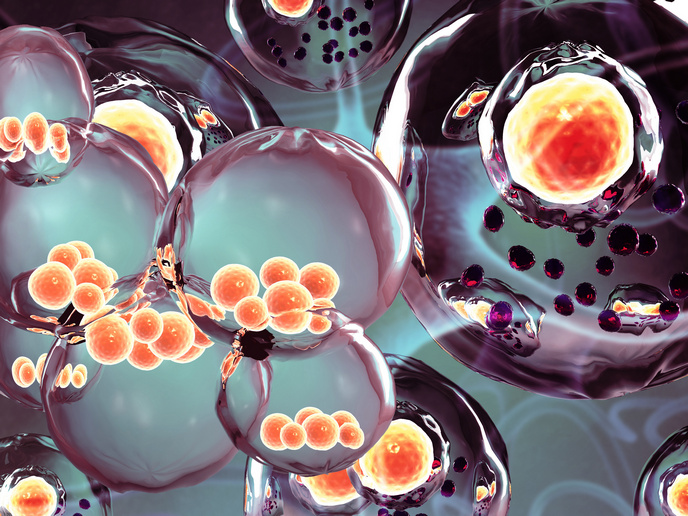Preventing pregnancy-associated malaria
Plasmodium falciparum is the only lethal form of malarial parasite and is responsible for 95 % of attacks in SSA. PAM causes placental infection and anaemia in pregnant women, reduces the birth weight of their offspring, and predisposes such infants to increased morbidity and mortality. Recent studies revealed that immune response against certain P. falciparum antigens called variant surface antigen 2-chondroitin sulfate A (VAR2CSA) could alleviate PAM effects in future pregnancies. Researchers evaluated the feasibility of this preventative strategy under the aegis of the EU-funded STOPPAM (Strategies to prevent pregnancy-associated malaria) project. Project members conducted cohort studies in pregnant women and their newborns in Benin and Tanzania to quantify PAM effects and identify PAM vaccine candidates. In addition to local and satellite databases, they set up a central database as well as warehouse for data storage and analysis. Researchers collected plasma, placenta, cord and venous blood samples from pregnant women and infants. They generated vast amounts of data on the VAR2CSA sequence from placental parasites and cloned the DBL4 domain of the parasite. Besides producing anti-VAR2CSA sera, they also initiated antibody reagent production. STOPPAM successfully detected malarial parasites in patient samples using a multiplex quantitative real-time polymerase chain reaction. Preliminary results reveal significantly altered levels of inflammatory markers such as IL-6 and IL-10 as well as cellular changes in P. falciparum-infected women. Project researchers defined two subtypes of VAR2CSA that are specific to pregnant women with malaria. They also identified VAR2CSA protein sites that induce blocking antibodies that should prove useful in developing anti-PAM vaccines. These vaccine candidates are now intellectually protected. Malaria is still a major health concern in endemic regions and poses a health risk for EU residents with both direct and indirect economic costs. STOPPAM findings provided novel insight into the pathology of PAM. This should prove invaluable in modifying or developing PAM prevention strategies as well as vaccines.







